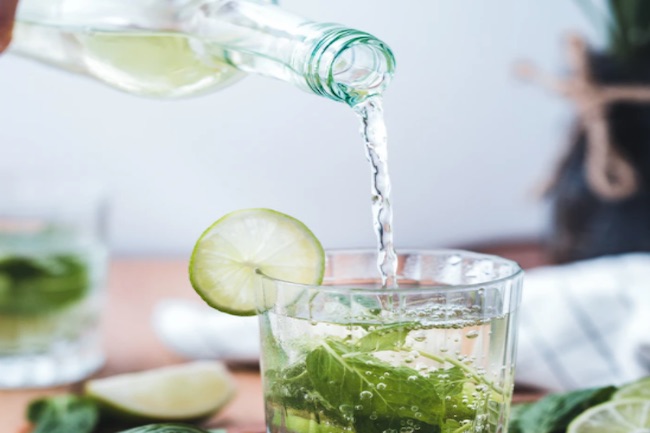New Study Shows Every Week Of Lockdown Increases Binge Drinking from Natural Blaze
Study participants who regularly drank at harmful levels shown to consume six drinks per session, compared to two alcoholic beverages for those less regular binge drinkers
Harmful drinking among adults increases the longer they spend at home in lockdown, according to a study published in the peer-reviewed American Journal of Drug and Alcohol Abuse.
The research, based on a survey of nearly 2,000 over-18s in the US, is the first to highlight the relationship nationally between hazardous drinking and life stresses triggered by the COVID-19 pandemic and the associated ‘lockdowns’.
The findings show the odds of heavy alcohol consumption among binge drinkers – those who, within two hours, consumed five or more drinks for men and four and above for women – rose an extra 19% for every week of lockdown.
The odds of increased alcohol intake overall for binge drinkers was more than double that of people who did not drink excessively (60% vs 28%), especially those with depression or a history of the disease.
Carried out by experts at the University of Texas Health Science Center School of Public Health, in Dallas, the study also highlights that:
- During the pandemic, binge drinkers on average drank four drinks per occasion, compared to two drinks among non-binge drinkers.
- Participants who drank at harmful levels during the pandemic would consume seven drinks maximum on one occasion. This is compared to a maximum of two per session during the pandemic for those who did not.
- Living with children in lockdown minimally reduced the odds (by 26%) of turning to the bottle for people in general
The researchers are now calling for new intervention and prevention strategies for people in isolation at risk of hazardous drinking. Otherwise, they say there could be long-lasting health consequences.
“Increased time spent at home is a life stressor that impacts drinking and the Covid-19 pandemic may have exacerbated this stress,” says Sitara Weerakoon, a PhD candidate from the University of Texas.
“Future research should consider the potential for depressive symptoms acting as a moderator (a factor that changes the impact) in the relation between the time spent under a shelter-in-place mandate (lockdown) and binge drinking.
“Additional research is (also) needed to develop best treatment for people with substance use disorders who may be more susceptible to adverse health outcomes.”




